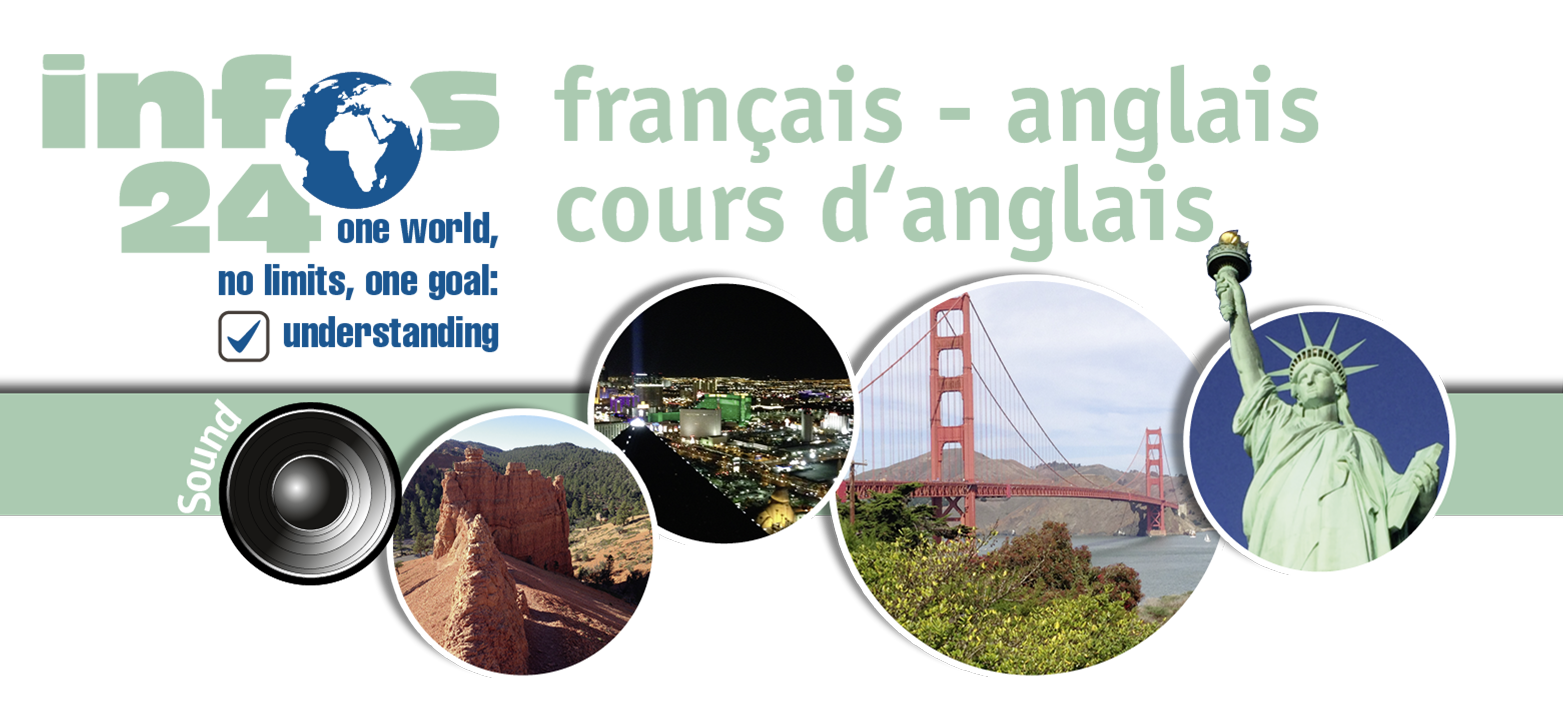
| 17.3.3 what, which, where, why |
What und which sont utilisés lorsqu´en français on peut utiliser ce qui (sujet) ou ce que complément.
| Which |
| La proposition relative donne une explication, un commentaire sur l´antécédent |
| She said he had no money, which was not true. |
| Elle m´a dit qu´il n´avait plus d' argent, ce qui n´était pas vrai. |
| What |
| What est un pronom relatif sans antécédent |
| That is not what you said us. |
| Ce n´est pas ce que vous nous aviez dit. |
| Where, when, why |
| s´emploient si l´antécédent désigne - un lieu - where - une époque, un moment - when - une cause - why When et why sont parfois remplacés par that. |
Très souvent on peut les substituer par une construction du type préposition + which.
| Pronoms relatifs | |
| This is exactly what I have told you this morning. | |
| C' est exactement ce que je t' ai dit ce matin. | |
| The church where our parents got married is somewhere in the mountains. | |
| The church, in which our parents got married, is somewhere in the mountains. | |
| L' église où nos parents se sont mariés se trouve quelque part dans la montagne. | |
| The time when he leaves for vacation, we will be happy to be rid of him. | |
| The time in which he leaves for vacation, we wil be happy to be rid of him. | |
| Nous serons heureux d´être libérés de lui pendant le temps où il est en vacance.. | |
| The reason why she couldn't come to your party is that she was really sick. | |
| The reason, for which she couldn't come to your party is that she was really sick. | |
| La raison pour laquelle elle ne pouvait pas venir à ta fête, est qu´elle était malade. |
| contact mentions légales déclaration de protection de donnée |